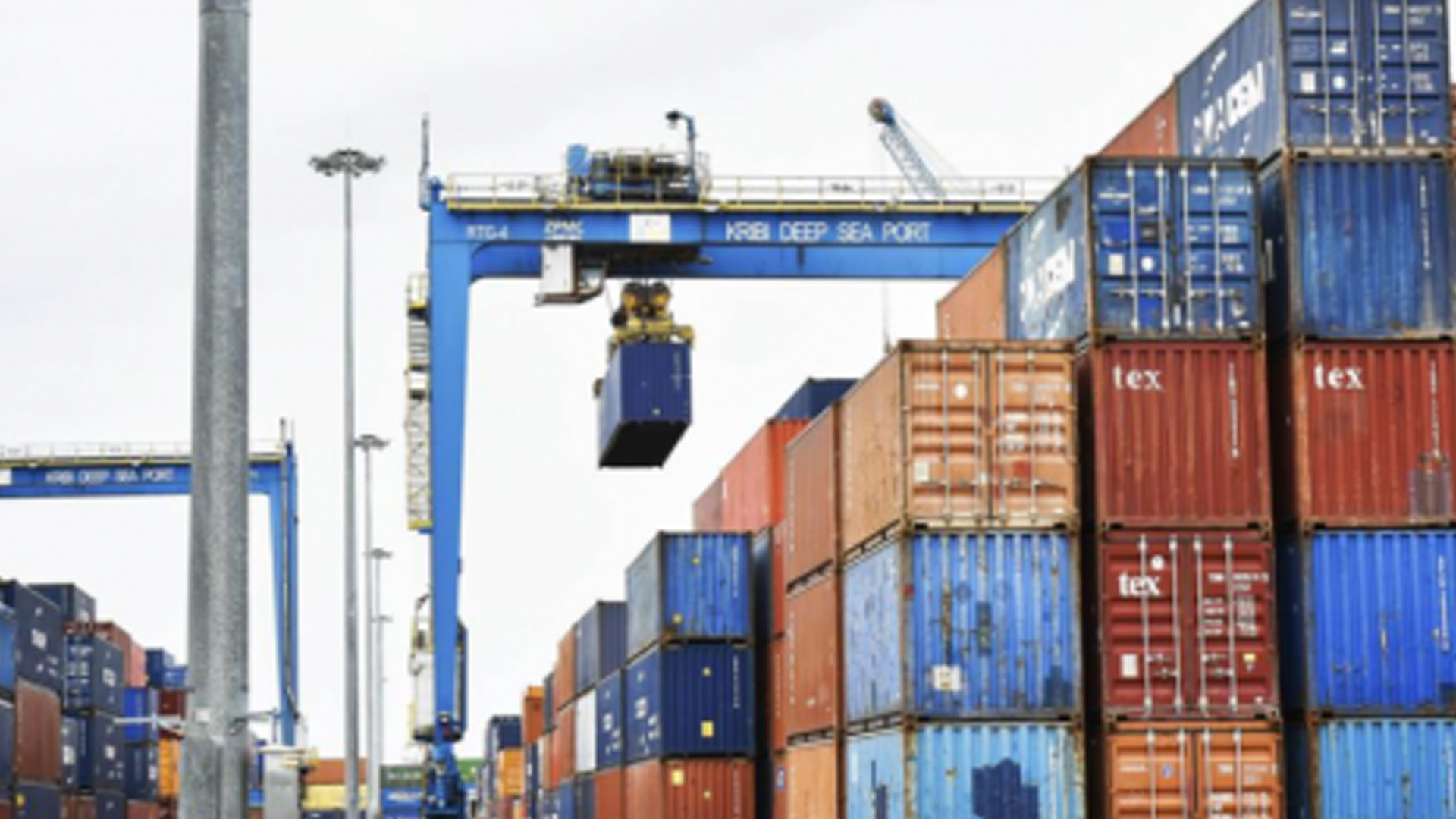Global gross domestic product (GDP) growth is projected to stabilize at 3.2 percent in both 2024 and 2025, while inflation should continue to ease, the Organisation for Economic Cooperation and Development (OECD) said on Wednesday in its latest economic outlook.
According to the OECD economic outlook, annual GDP growth in the United States is projected to slow down to 2.6 percent in 2024 and further down to 1.6 percent in 2025, but will be cushioned by monetary policy easing.
For Euro area, the OECD said that GDP growth is projected to be 0.7 percent in 2024 and speed up to 1.3 percent in 2025, with activity supported by a recovery in real incomes and an improvement in credit availability.
Headline inflation has continued to fall this year in most countries, partly due to further declines in food price inflation and low or negative energy and goods price inflation, the organization noted. It added that the recent steep fall in oil prices, and the ongoing easing of global food prices could place further downward pressure on headline inflation in the short-term.
“Oil prices have declined by over 10 percent since July, amid expectations for excess supply next year and market concerns about weakening oil demand growth… If oil prices remain at their current level, global headline inflation could be reduced by around 0.5 percentage points over the coming year,” the OECD explained.
According to the OECD, declining consumer price inflation has supported household spending, providing a counterbalance to the negative impact from restrictive financial conditions and the uncertainty about the ongoing Ukraine conflict and the evolving crisis in the Middle East.
Along with stable GDP growth and further disinflation, the OECD also said that real incomes would improve and less restrictive monetary policy in many economies would help underpin demand.
The recovery in real incomes could provide a stronger boost to consumer confidence and spending, and further oil price declines would hasten disinflation.
Headline inflation is projected to ease from 5.4 percent in 2024 to 3.3 percent in 2025 in the G20 economies.(PNA)







